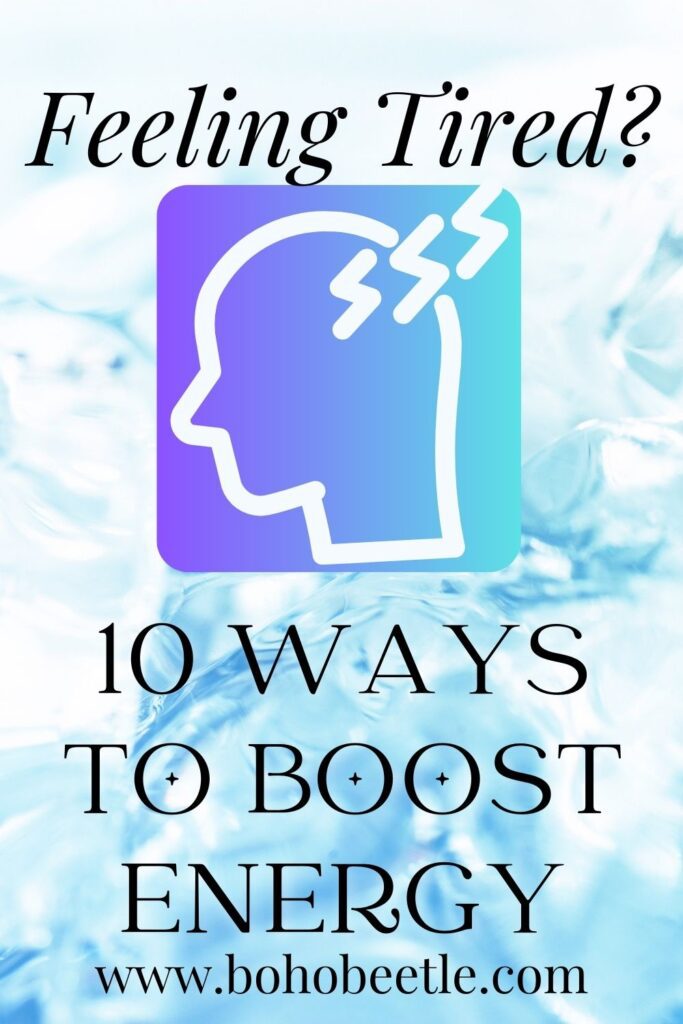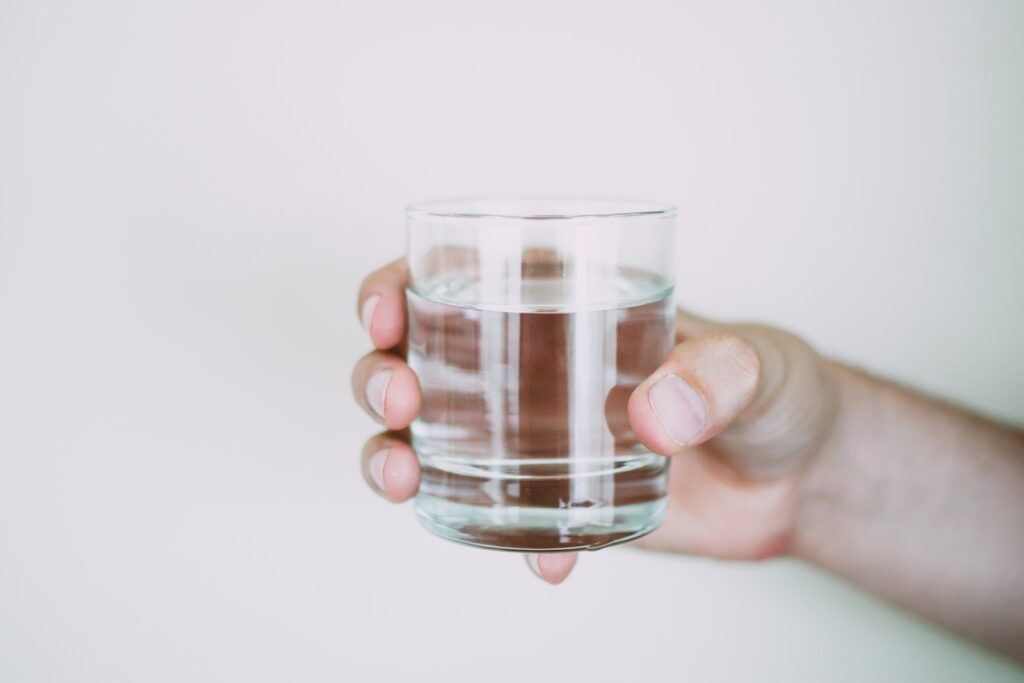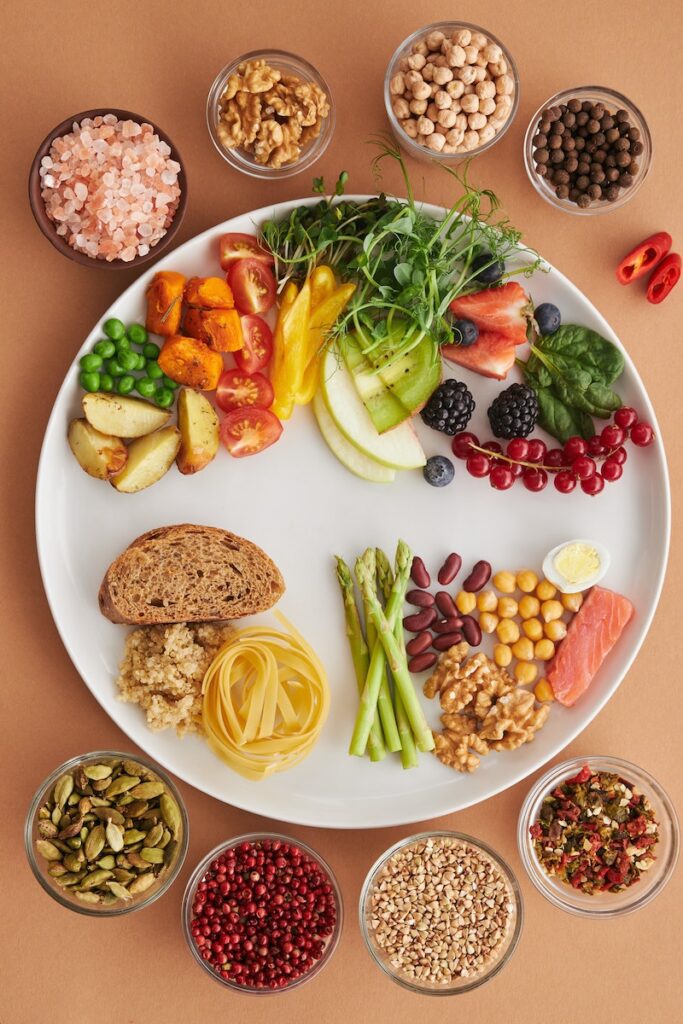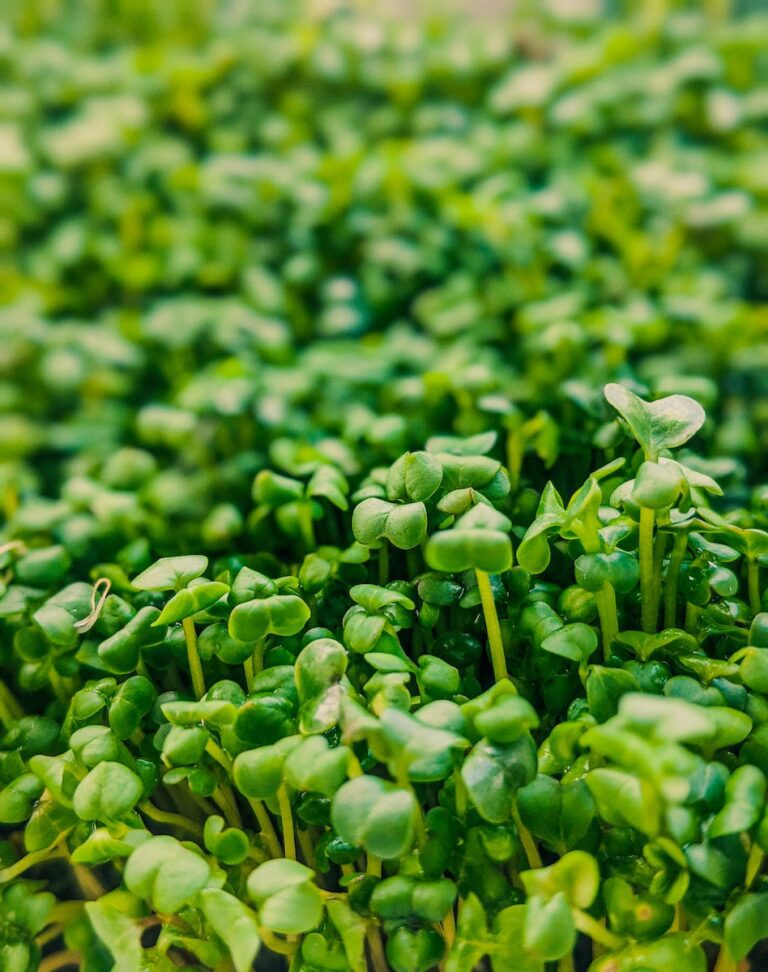10 ways to Boost Energy
Are you feeling sluggish? Low energy & decreased motivation is the worst when trying to be productive & get work done. Here are 10 ways to boost energy easily throughout your day!


1. Are You Getting Good Sleep?
First & foremost, at the top of our list of the “10 ways to boost energy” is SLEEP! Studies show that adults should aim for 7-9 hours of sleep each night.
Poor sleeping habits can have a severe impact on physical performance. Feeling unrested with lack of sleep can reduce energy levels, impair cognitive function, and increase the risk of injury. Moreover, it can also disrupt the body’s natural ability to recover from physical exertion, leading to reduced muscle growth and strength gains. Ultimately, poor sleeping habits can lead to decreased productivity and an overall decrease in energy.

2. Have You Exercised?
Regular exercise can help boost your energy levels by increasing circulation and oxygen flow throughout your body.
Exercise is one of the most important components of a healthy lifestyle. It has been proven to have a variety of benefits for physical health, such as reducing the risk of heart disease, diabetes, certain cancers and other illnesses. Regular exercise can also help boost energy levels, improve circulation and strengthen muscles and bones. By incorporating physical activity into your daily routine, you can not only improve your physical health but your overall well-being as well.

3. Why Stay Hydrated?
Dehydration can make you feel tired and sluggish. With that said, staying hydrated is incredibly important for maintaining good health and well-being. Here are some of the key reasons why staying hydrated is so crucial:
Regulates body temperature
Water helps regulate your body temperature through sweating and respiration. When you’re dehydrated, your body can’t cool itself down effectively, which can lead to overheating and heat exhaustion.
Boosts energy & physical performance
Staying hydrated can improve your physical performance by helping you maintain energy levels and reducing fatigue. It also helps lubricate your joints and muscles, reducing the risk of injury.
Improves cognitive function
Your brain needs water to function properly, and staying hydrated can improve your cognitive function, including your ability to focus, think clearly, and make decisions.
Supports digestion
Water helps break down food in your stomach and keeps your digestive system running smoothly. It can also help prevent constipation.
Helps flush out toxins
Your kidneys need water to remove waste and toxins from your body. Staying hydrated can help prevent kidney stones and urinary tract infections.
Overall, staying hydrated is crucial for maintaining good health and preventing a range of health problems. It’s recommended that adults drink at least 8 cups of water per day, but individual needs may vary depending on factors like activity level, climate, and overall health status.

4. What is a Balanced Diet?
Having a balanced diet rich in fruits, vegetables, lean proteins, and healthy fats can help you boost & maintain steady energy levels throughout the day. A balanced diet is a nutritional plan that provides all the necessary nutrients in the right proportions to support good health and prevent chronic diseases. Typically, a balanced diet should include a variety of foods from all the major food groups, including:
Fruits and vegetables
These are rich sources of vitamins, minerals, and fiber. They also contain phytochemicals, which have antioxidant properties and may help protect against diseases such as cancer.
Grains
Whole grains provide complex carbohydrates, fiber, and essential nutrients like B vitamins and iron. Examples include whole wheat, brown rice, oats, and quinoa.
Protein
Protein is essential for building and repairing tissues, and for maintaining a healthy immune system. Good sources of protein include lean meats, poultry, fish, beans, nuts, and tofu.
Dairy
Dairy products provide calcium, vitamin D, and other essential nutrients. Low-fat options like milk, cheese, and yogurt are good choices.
Healthy fats
Healthy fats, such as those found in nuts, seeds, avocados, and fatty fish, provide energy and help the body absorb certain vitamins.

5. Stressed Out?
Chronic stress can deplete your energy levels. Stress is a natural response to various situations, but prolonged or excessive stress can have negative effects on our mental and physical health. Here are some ways you can reduce stress:
Practice relaxation techniques
Relaxation techniques such as deep breathing, meditation, yoga, or tai chi can help reduce stress and promote relaxation.
Manage your time
Poor time management can cause stress, so make a schedule or to-do list to help you manage your time effectively.
Connect with others
Social support can help reduce stress, so make time for your friends and family or consider joining a support group.
Avoid unhealthy coping mechanisms
Alcohol, drugs, and other unhealthy behaviors may provide temporary relief but can ultimately make stress worse.
Seek professional help
If you’re feeling overwhelmed and unable to cope with stress on your own, consider seeking professional help from a therapist or counselor. They can provide additional support and guidance on how to manage stress.

6. Have you had a break?
Taking short breaks throughout the day can help you avoid burnout and boost energy levels. If you are feeling tired or overwhelmed, taking a break can be a great way to recharge your energy and refocus your mind. Some activities you can do during a break include:
- Taking a short walk outside to get some fresh air and exercise.
- Listening to calming music or a guided meditation.
- Engaging in a hobby or activity that you enjoy, such as reading, drawing, or playing a game.
- Taking a nap or resting your eyes for a few minutes.
- Engaging in some light stretching or yoga to relieve tension in your body.
Remember, taking breaks is an essential part of maintaining productivity and avoiding burnout, so don’t feel guilty for taking some time for yourself when you need it.

7. Got Sunshine?
Sunlight can help regulate your body’s internal clock and improve mood, leading to increased energy levels. Some ways to increase your exposure to natural light, which can have a positive impact on your mood and energy levels include:
- Going for a walk or spending time outside during daylight hours.
- Opening windows and blinds to let in natural light.
- Sitting near a window while working or reading.
- Consider purchasing a light therapy lamp to simulate natural light.
- Take a trip to a sunny location for a vacation or weekend getaway.
Remember to always practice sun safety by wearing sunscreen and protective clothing when spending extended periods of time in direct sunlight.

8. Too much coffee?
While caffeine can provide a short-term energy boost, overconsumption can lead to crashes and increased fatigue. When trying to limit your caffeine intake, here are some tips that may help:
Gradually reduce your intake
If you’re used to drinking a lot of caffeine, suddenly cutting it out completely can lead to withdrawal symptoms like headaches, irritability, and fatigue. Gradually reducing your intake over a period of days or weeks can help you avoid these symptoms.
Switch to decaf or herbal tea
Decaf coffee and tea still have some caffeine, but much less than their regular counterparts. Herbal teas are naturally caffeine-free and come in a variety of flavors.
Find alternative sources of energy
Instead of relying on caffeine to keep you going, try getting energy from other sources like exercise, meditation, or a healthy diet.
Be mindful of hidden sources of caffeine
Caffeine is not just found in coffee and tea, but also in soft drinks, energy drinks, chocolate, and some medications. Read labels carefully to know what you’re consuming.
Set a cut-off time
Avoid consuming caffeine later in the day, as it can interfere with sleep. Try to avoid caffeine after 2 pm or set your own cut-off time based on your personal sleep needs.
Remember, everyone’s tolerance to caffeine is different, so it’s important to listen to your body and make adjustments as needed.

9. Avoid Alcohol and Tobacco
Alcohol and tobacco can both have negative effects on energy levels in different ways.
Alcohol is a depressant, which means that it can slow down the central nervous system and reduce brain activity. This can lead to feelings of fatigue, drowsiness, and decreased energy levels. Even small amounts of alcohol can cause these effects, so consuming alcohol regularly or in large amounts can have a significant impact on energy levels.
Tobacco, on the other hand, contains nicotine, which is a stimulant. Nicotine can increase heart rate, blood pressure, and the release of certain hormones, which can lead to a short-term boost in energy levels. However, this effect is typically short-lived and can lead to a “crash” later on, leaving individuals feeling more fatigued than before.
Furthermore, both alcohol and tobacco can disrupt sleep, which can have a negative impact on energy levels. Alcohol can interfere with the quality of sleep, leading to feelings of grogginess and exhaustion the following day. Nicotine can also interfere with sleep, making it more difficult to fall asleep and stay asleep throughout the night.
Overall, the negative effects alcohol & tobacco have on the body can ultimately lead to feelings of fatigue and exhaustion.

10. Are you Grounded?
Last on our list of 10 ways to boost energy (but far from least) is Grounding. Also known as earthing, grounding is the practice of connecting with the earth’s electrical charge by walking barefoot on grass, sand, or soil or by touching a grounded object. There are several benefits of grounding, including:
- Increasing energy: Grounding can boost energy levels by improving blood flow and oxygenation to the body’s tissues and cells.
- Reducing inflammation: Grounding helps reduce inflammation in the body by neutralizing free radicals, which are harmful molecules that can cause inflammation.
- Improving sleep: Grounding has been shown to improve sleep by regulating the body’s circadian rhythm and reducing cortisol levels, which can interfere with sleep.
- Reducing stress: Grounding has a calming effect on the body and can reduce stress by lowering cortisol levels and promoting relaxation.
- Improving mood: Grounding has been shown to improve mood by increasing the production of feel-good hormones like serotonin and reducing the production of stress hormones like cortisol.
- Enhancing immunity: Grounding has been shown to boost the immune system by reducing inflammation and promoting the production of white blood cells.
Overall, grounding is a simple and natural practice that can have a range of health benefits.
There ya have it folks! 10 ways to boost energy with simple, yet affective changes you can do naturally throughout your day.
I hope you have found these tips helpful & give ’em a try today! 🙌
Detoxify life
check out this post for a boho guide to detoxify life
About Me

check out our story here
Thank you for reading! Give a share or leave a comment if you like..
cheers to your journey on sustained growth & good vibes !
-Tills








Leave a Reply